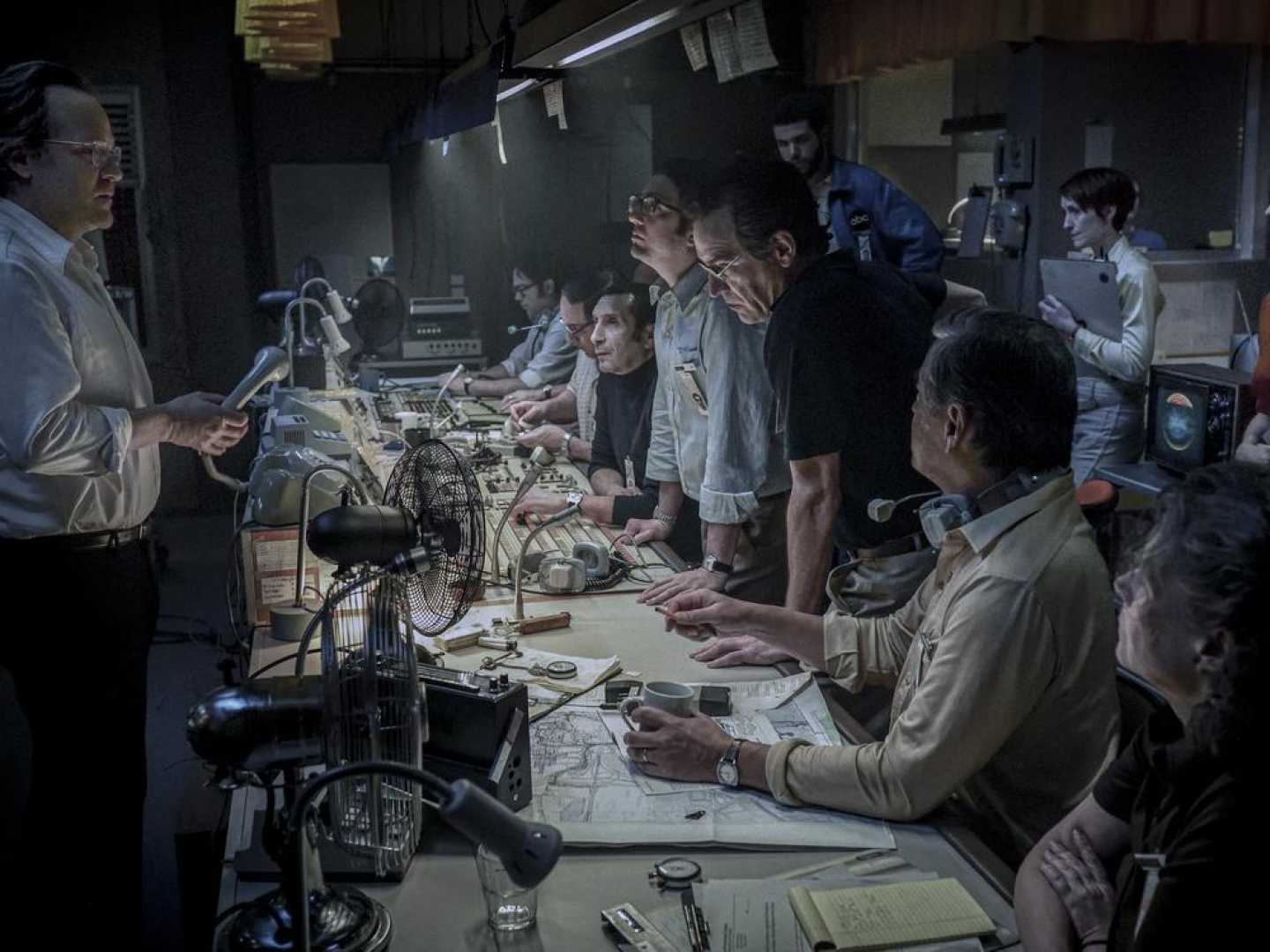Entertainment
ABC’s 1972 Munich Olympics Coverage: A Thriller of Journalism Under Pressure

MUNICH, Germany — On September 5, 1972, the ABC Sports team covering the Munich Olympics faced an unprecedented crisis when a militant Palestinian group infiltrated the Olympic Village, taking members of the Israeli team hostage. The new film September 5, directed by Tim Fehlbaum, captures the tension and ethical dilemmas faced by the journalists as they scrambled to deliver live coverage of the unfolding tragedy.
The film, now in theaters, focuses on the ABC Sports control room, a cramped, smoky space where the team worked under immense pressure. Unlike other depictions of the Munich massacre, such as Steven Spielberg’s Munich, September 5 narrows its lens to the journalists’ experience, exploring how they balanced the demands of live television with the gravity of the situation. The result is a taut thriller that blurs the line between journalism and spectacle.
Geoffrey Mason, played by John Magaro, is the young producer at the center of the story. Trapped in the control room, Mason must navigate ethical questions while racing against the clock. The film emphasizes the relentless passage of time, with countdowns, analog clocks, and urgent negotiations for broadcasting slots heightening the tension. In one pivotal scene, ABC Sports president Roone Arledge, portrayed by Peter Sarsgaard, battles for more satellite time to keep the story alive.
The film’s use of archival footage, including clips of anchor Jim McKay, adds a documentary-like authenticity. Viewers are immersed in the chaos of the control room, where decisions are made in seconds. When Mason debates whether to point cameras at the hostage site, risking the possibility of broadcasting a death live, he has only two minutes to decide. The pressure to deliver updates, sound bites, and footage often overrides empathy, as seen when Mason rushes to interview a released hostage without considering the man’s well-being.
September 5 also highlights the technical challenges of 1970s broadcasting. Scenes showing staffers hand-spelling captions, developing photos in a darkroom, and manually slowing footage underscore the contrast between the studio’s usual patience and the frenzy of breaking news. The film’s pacing mirrors this tension, alternating between brisk action and deliberate moments that reveal the crew’s meticulous work.
As the crisis unfolds, the ABC team succumbs to the pressure to outpace competitors. Correspondent Peter Jennings, played by Benjamin Walker, and translator Marianne Gebhardt, portrayed by Leonie Benesch, race to the front lines with camera crews in tow. The film doesn’t shy away from showing the darker side of live coverage, including the decision to broadcast police locations, potentially jeopardizing rescue efforts, and the rush to confirm inaccurate tips.
The film’s portrayal of the journalists’ drift toward sensationalism raises enduring questions about the ethics of breaking news. By focusing on ABC’s small studio, September 5 underscores how the pursuit of viewership and expedience can overshadow a story’s importance. The film doesn’t offer new answers but starkly illustrates how easily journalistic integrity can be compromised under pressure.
At 94 minutes, September 5 is a lean, gripping exploration of a pivotal moment in broadcast history. It serves as a reminder of the fraught expectations for live coverage, both for those who create it and those who consume it.












